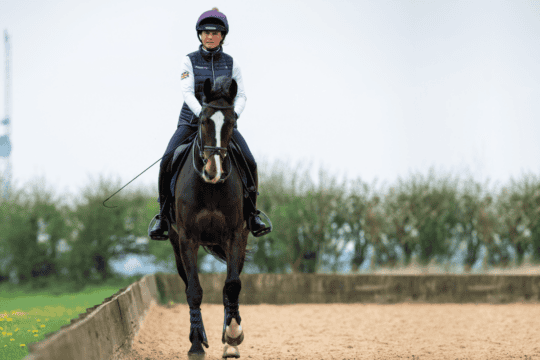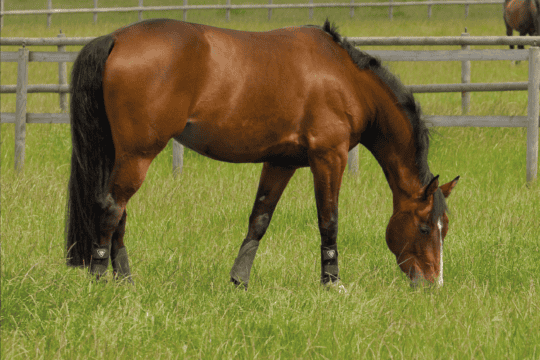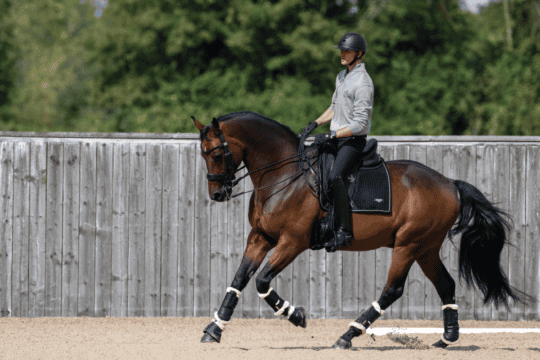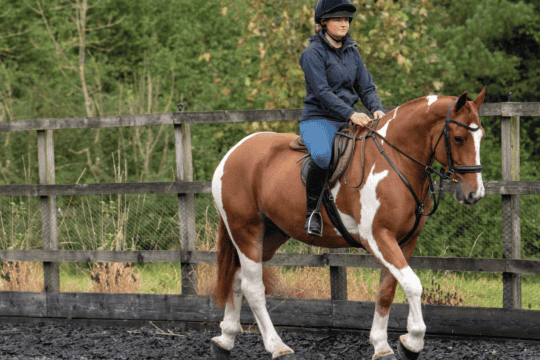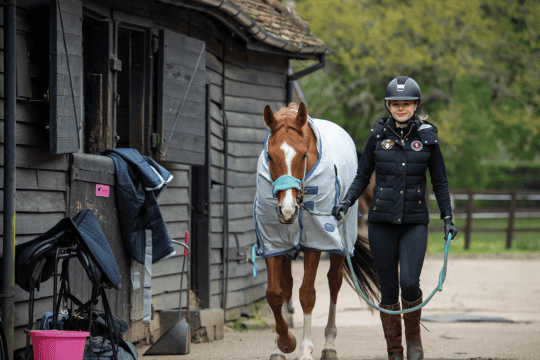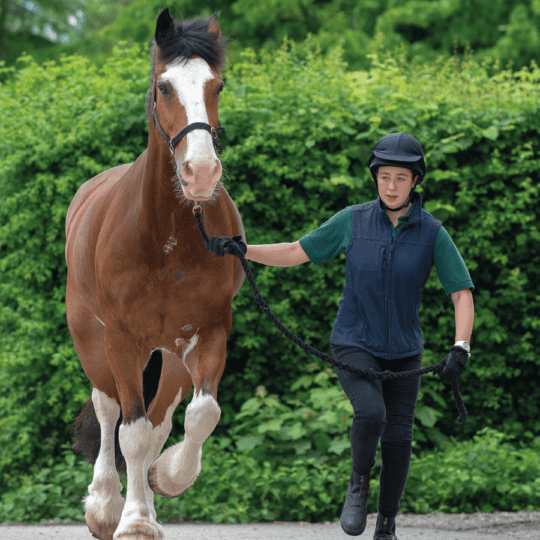Safe weight loss
Posted 27th April 2021
How can you help your horse lose weight while maintaining his natural behaviours and psychological wellbeing? Anna Haines explores the options
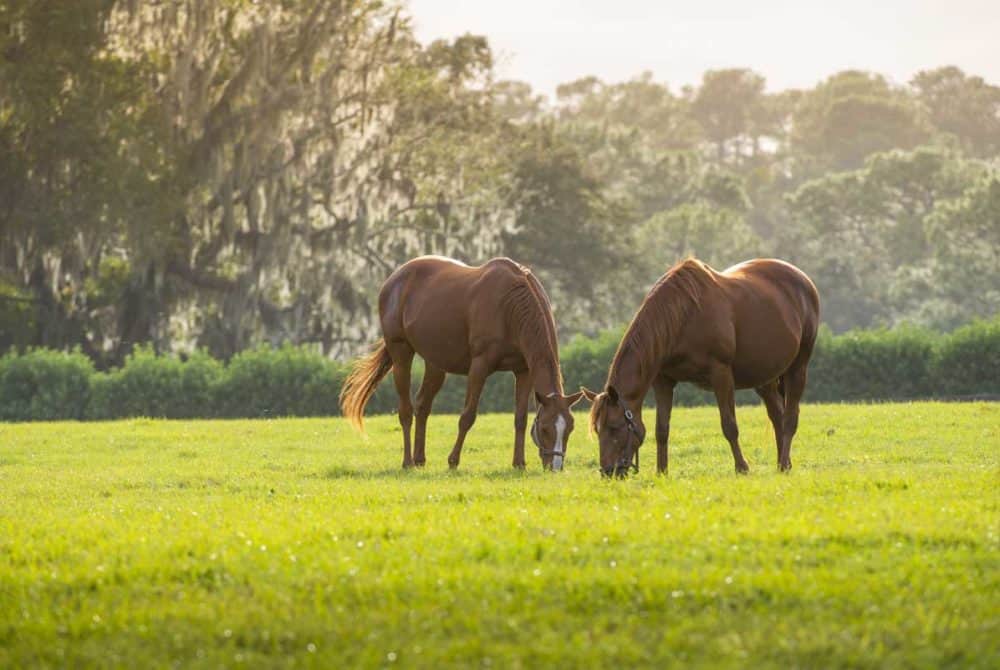
It’s no secret that the UK horse population is in the grips of a weight crisis. In fact, obesity has become so common in horses (30–50% of equines overall, and up to 70% of native ponies) that many people are no longer able to recognise when their horse is overweight because fat horses have become so normalised. Obesity is a welfare concern and can also be a risk factor for a variety of physical health conditions, so it’s important that we do what we can to maintain our horses at a healthy weight. But how can you help your horse return to a healthy weight while ensuring he’s able to carry out the essential natural behaviours that are important to his quality of life and wellbeing?
Did you know
Safe weight loss is more important than fast weight loss. Always discuss a plan with your vet and a qualified equine nutritionist. You may find it useful to speak to an accredited equine behaviourist to ensure your horse’s psychological health remains good, too.
Move it
Exercise and diet are the two cornerstones of a successful weight loss plan, but balancing them can be difficult. It might be tempting to shut your horse in his stable to closely monitor his feed intake, but this also means he becomes completely sedentary and won’t burn many calories at all. The net result is that his feed intake will need to be extremely restricted, which is likely to cause him a great deal of stress.
In a natural setting horses typically walk around 18 miles a day, but very few domestic horses have the opportunity to walk that far. Try not to be disheartened, though. All exercise will be helpful in reducing his weight.
You’ll need to plan the work according to your horse’s weight and fitness level – the more extra weight he’s carrying and the less fit he is, the steadier the plan will need to progress. Just as with people, getting and keeping his heart rate up is what burns calories, so depending on his fitness a brisk walk, trotting up a hill or a long, steady canter are all better options than short, sharp bursts of activity. Any exercise is better than none so it’s important to do whatever you’re able to in your own situation.
Pick up your copy of June Horse&Rider, on sale 29 April, for more great advice on helping your horse safely maintain his ideal weight.


